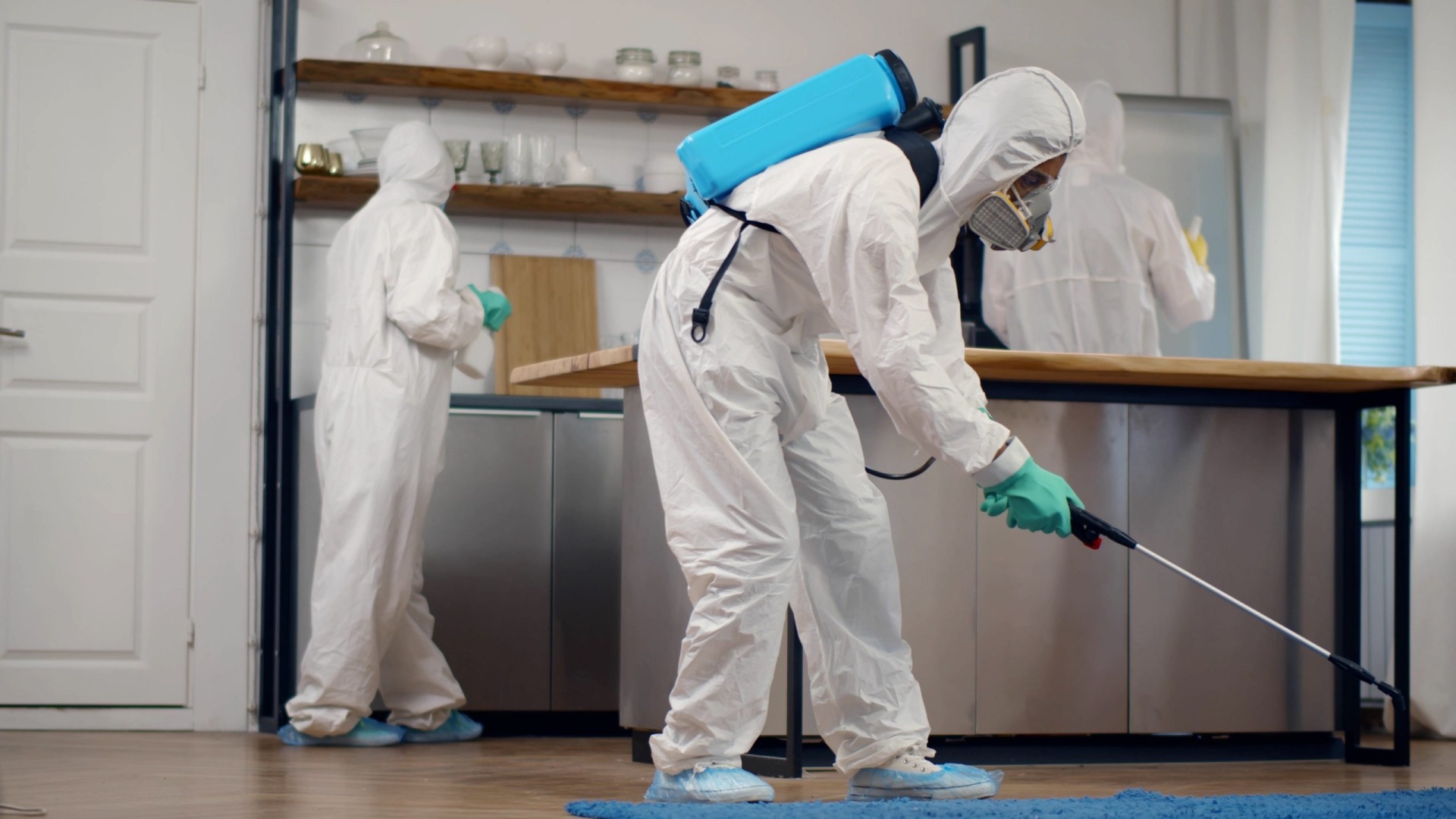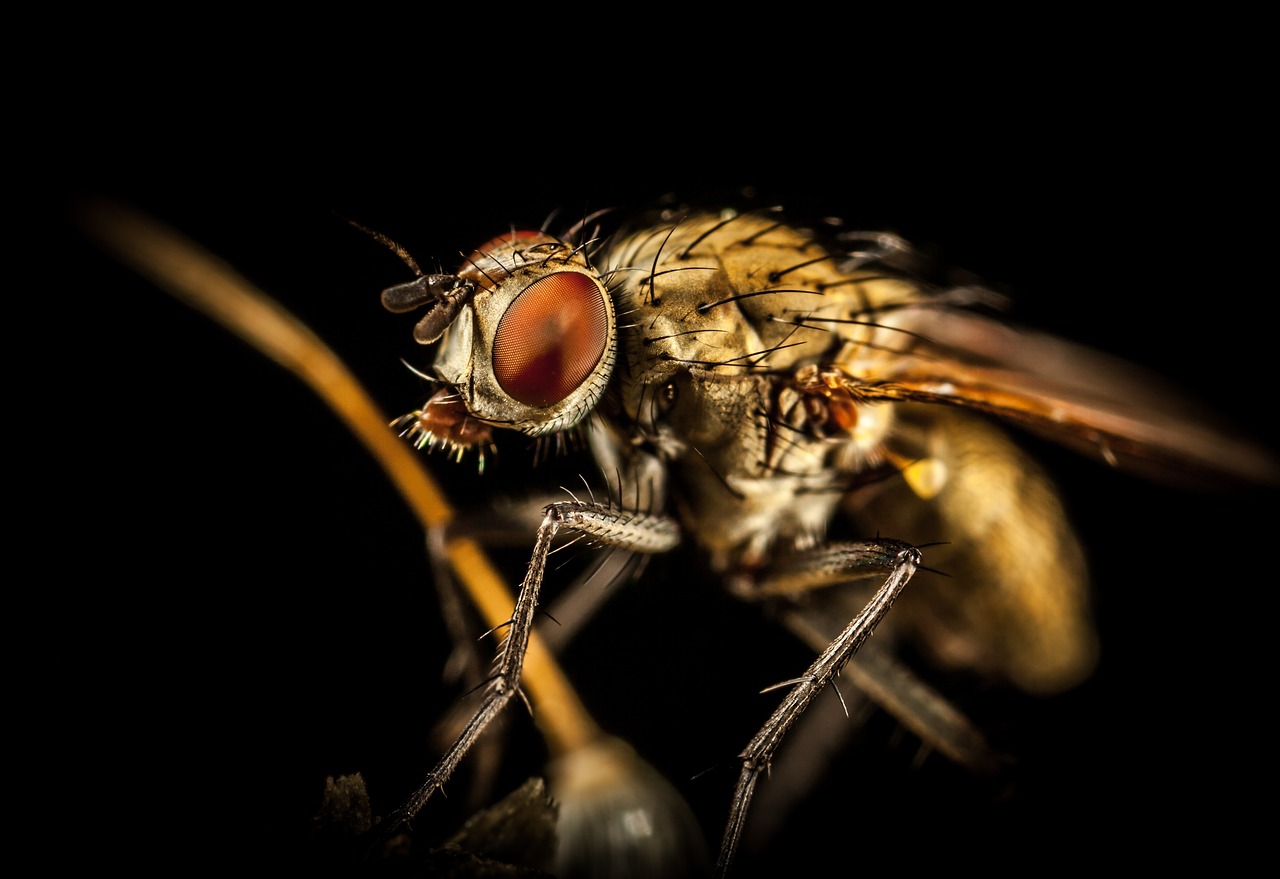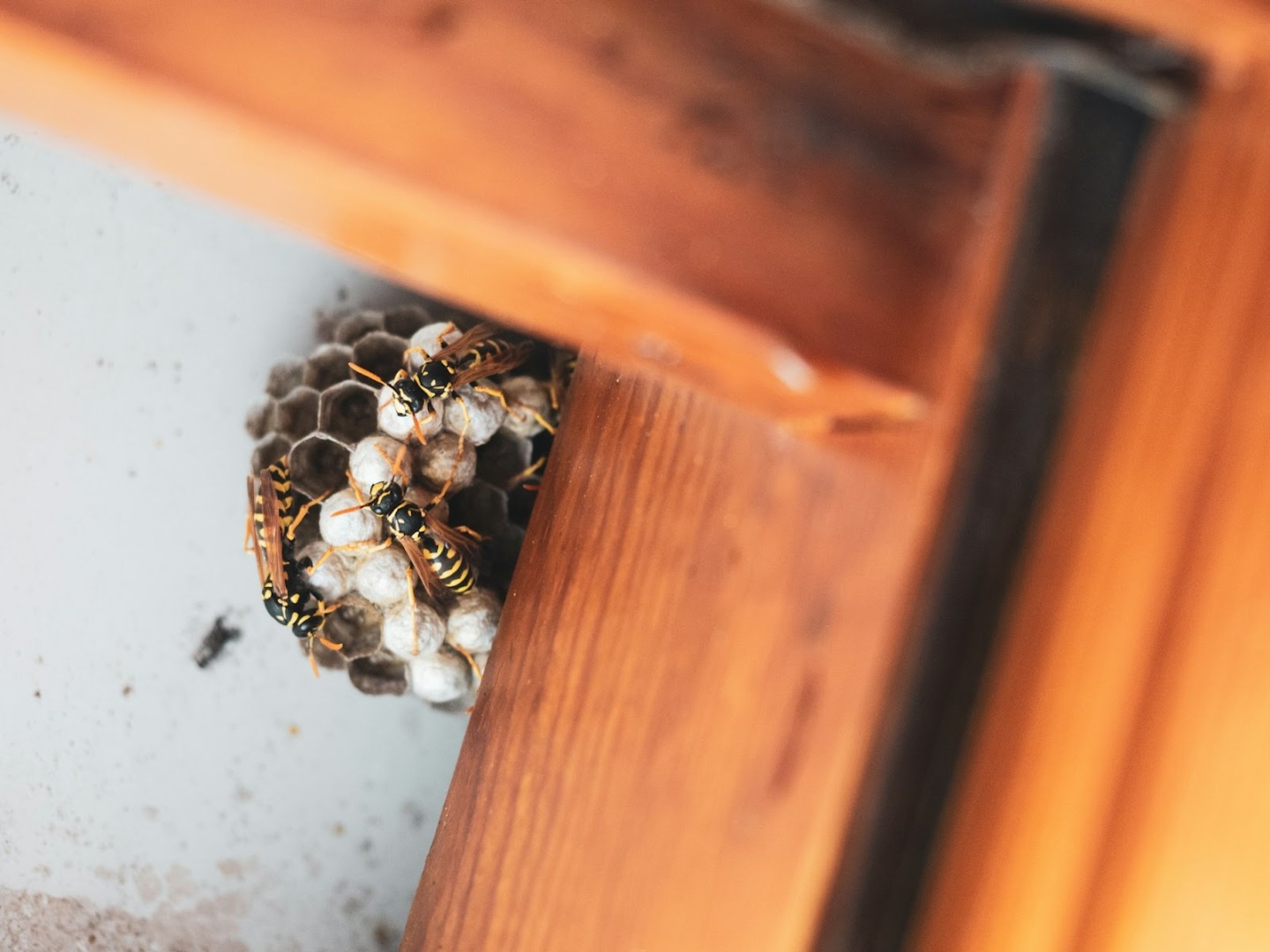Comments
- No comments found

Pest control plays a crucial role in preserving public health and safety.
It manages or eliminates pests that can cause extensive damage to homes, crops, and the natural environment.
Beyond the immediate irritation and fear that pests like rodents, insects, and others can provoke, they are also carriers of diseases and can lead to serious health issues. A clean and safe environment is fundamental for our well-being, and effective pest control measures ensure that this environment is maintained. Whether through preventative practices or the use of environmentally friendly methods to manage pest populations, understanding the importance of pest control is key to fostering healthier communities and protecting our ecosystems.

Pests, if left unchecked, can have devastating effects on the environment. For instance, invasive species such as the emerald ash borer and the Asian longhorned beetle have wreaked havoc on native tree populations in various regions, leading to significant ecological imbalances. The role of pest control in managing such threats is not just about protecting plant life but also about preserving biodiversity which is vital for ecological stability.
Pests like rodents and certain insects can contribute to soil degradation and water pollution. Their activities often disrupt the natural habitats of other species, leading to a domino effect of environmental degradation. Effective pest management strategies help in mitigating these impacts, contributing to the conservation of natural resources and the overall health of the planet. Whether you need pest control in Barrington, RI, or anywhere else, it is imperative to consider the environmental effects of pest infestations and take action accordingly. It is also essential to choose pest control methods that are safe for the environment and non-toxic to other organisms.
The health implications of pest infestations can be severe. Rodents, for instance, are known carriers of diseases like Hantavirus and Salmonellosis, which pose serious health risks to humans. Insect pests such as mosquitoes and ticks are vectors for diseases including Zika virus, Lyme disease, and Malaria. The role of pest control in reducing these health risks cannot be overstated; by curbing pest populations, we can significantly lower the incidence of these disease outbreaks
Indirectly, pests also impact human health through their effect on agriculture. Crop destruction by pests can lead to food shortages, malnutrition, and the economic strain of increased food prices. By safeguarding crops from pests, effective pest control measures not only ensure food security but also contribute to the overall health and well-being of communities.
The economic advantages of effective pest management extend beyond agriculture. In urban areas, pest control is crucial in preventing property damage caused by termites, rodents, and other pests that can structurally weaken buildings, leading to costly repairs. Businesses, particularly those in the food and hospitality sectors, also rely on stringent pest control measures to maintain hygiene standards, protect their reputation, and avoid financial losses due to pest-related closures or fines.
On a larger scale, the economic impact of pest management on public health systems is profound. By reducing the spread of pest-borne diseases, pest control efforts substantially lower healthcare costs. This proactive approach not only saves billions in potential medical expenses but also alleviates the burden on healthcare resources, demonstrating the economic efficacy of investing in pest control.
In recent years, there has been a significant shift towards environmentally sustainable pest control methods. Integrated Pest Management (IPM) is a holistic approach that emphasizes the safe, environmentally friendly management of pest populations. IPM strategies include biological control, using natural predators or parasites of pests, cultural practices to disrupt breeding, mechanical controls like traps, and the judicious use of chemicals when necessary.
Another innovative approach is the use of biotechnology, such as genetically modified crops that are resistant to certain pests. This reduces the need for chemical pesticides, which can have harmful effects on non-target species and the environment. By adopting sustainable pest control practices, we can protect our health and the health of the environment, ensuring a balance between pest control and ecological preservation.

The role of pest control in maintaining a clean and safe environment cannot be understated. From ecological preservation to public health and economic benefits, effective pest management is crucial for the well-being of communities. By understanding the importance of sustainable pest control practices and implementing them proactively, we can create healthier environments for ourselves and future generations. It is a responsibility that we must all take seriously for the sake of our planet and all its inhabitants.
Leave your comments
Post comment as a guest